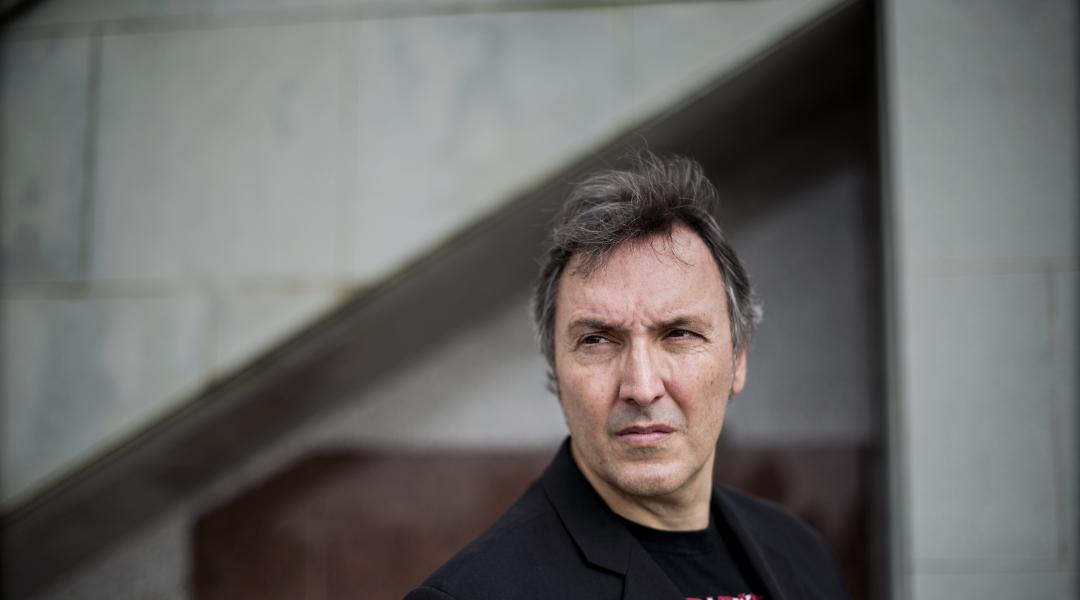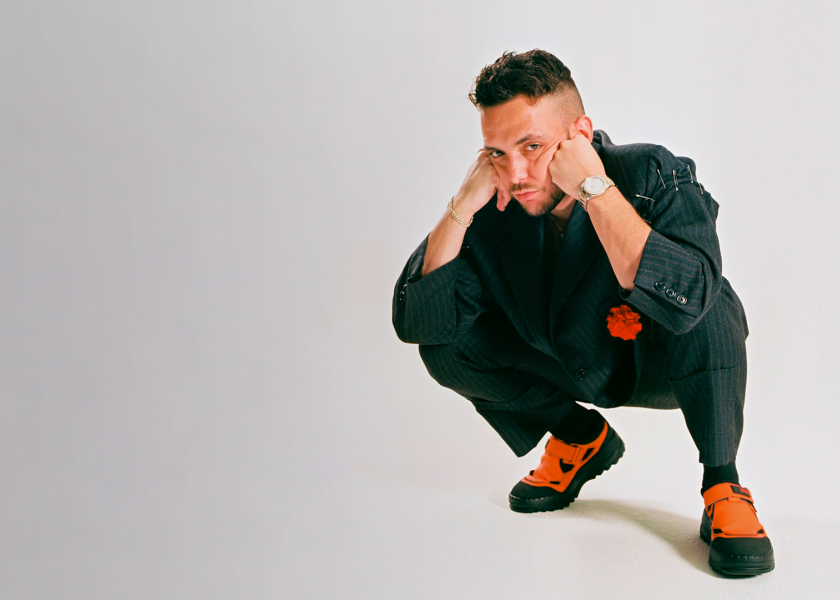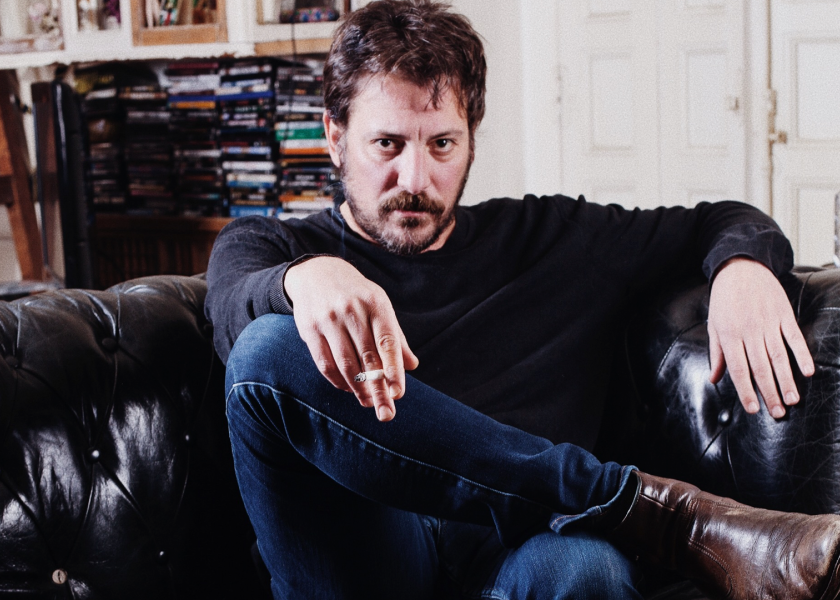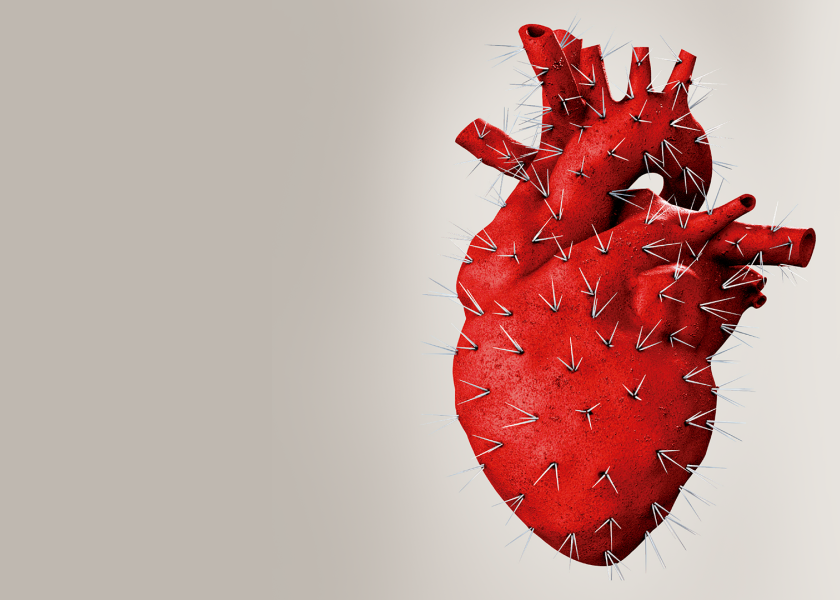Carlos Zanón
The King of the Spanish Crime Novel

Carlos Zanón is among the greatest Spanish crime novelists, but his ambition and talent are not restricted to this genre. He is also a poet, novelist, columnist, literary critic, a lyricist for Loquillo and the curator of the Barcelona Negra literary festival, a position he has held for three years.
The author of books like Nadie ama a un hombre bueno (Nobody loves a good man), Yo fui Johnny Thunders (I was Johnny Thunders) and Taxi is the only writer to have won two of the most relevant crime novel awards: the Hammett Prize and the Silverio Cañada Award. Salamandra is now reprinting his second book Tarde, mal y nunca (Late, badly, and never), which was originally published ten years ago. Also available in bookshops since a few months ago is Planeta’s Carvalho: problemas de identidad (Carvalho - Identity Problems), a book that resuscitates the famous detective created by Manuel Vázquez Montalbán. Carlos Zanón (Barcelona, 1965) knows a lot about literature, but also about rock’n’roll. In addition, he is an expert in the Bee Gees, a hallmark of disco music. That’s quite a lot.
In Problemas de identidad (Planeta) you have resuscitated Pepe Carvalho. Was he cryonized or did you genetically engineer his DNA?
I have rebuilt him. The idea was for the reader to recognize the character and not so much to clone him. I write using the first person, making a difference between someone telling a story and the narrator having experienced it.
It has been said that you are the heir of Juan Marsé and Vázquez Montalbán. Do you feel comfortable with that label?
I recognize myself in Marsé's heritage through Francisco Casavella rather than in Vázquez Montalbán. I like to belong to a tradition. I'm not interested in authors who seem to have invented everything. We all come from somewhere. My tradition also comes from Galdós. Crime fiction takes a lot from novels of manners.
What can crime fiction contribute to the interpretation of the complexity of 21st century society?
It’s the most voracious and the less prejudiced genre of all. You can pair it with any other genre, that's why it works. It explains what the world is like, the social relations, the economy, the class struggles. The “who killed who” or the sophistication of a murder no longer interests the reader and, fundamentally, it’s poor quality. When you read Henning Mankell, you want to know how those strange people live, how they relate, in what manner living in a town that is isolated all winter long influences them.
You have won the main crime novel awards. What do these recognitions mean to you?
It’s a stimulus, a reason to be proud, and also a lottery because it means that what you’re doing at that moment fits within certain parameters. I’m very competitive, I try to do my best. It took me twenty years to publish a novel. Everything that has come after that has been a gift and I value it very much. The awards are a recognition and, of course, I like them.

Carlos Zanón's work has been translated and published in the United States, Germany, France, Holland and Italy. © Xavier Cervera
How has violence evolved in your novels?
I don't like thugs, nor do I like killers or psycho killers. I’m interested in violence as a language that anyone can exercise in certain circumstances: you want to get rid of your lover’s husband, you do away with that guy who interferes in a robbery... Violence in a novel must make sense, it must respect the victim and use all the resources necessary to impact a reader tired of seeing violence in films.
“Violence in a novel must make sense, respect the victim and use the necessary resources to impact a reader tired of seeing it in the movies”
Is your success as a novelist overshadowing your extensive production as a poet?
Despite having published many poetry books, I’ve never made a name of myself as a poet, maybe because my poetry comes from a musical rather than lyrical tradition. I started writing poetry because of Lou Reed, not because of poets, so I don't think being a novelist has eclipsed this facet at all.
Being very loyal to a genre like crime fiction can limit a writer’s possibilities and become a stigma.
Absolutely. When newspapers make Best Books of the Year lists, they don’t see it feasible for a crime novel to be at the top. It’s comes from an old prejudice whereby literature had to be more about language; if the plot was given too much importance, then it was a subgenre. I prefer crime novels to detective novels, so I have more chances to enter and leave the genre.
Music is a constant in your work. You’ve written lyrics for artists such as Loquillo, Brighton 64, and Pájaro. Do you consider yourself a music lover?
Yes, I love music from a transcendent, atavistic point of view. It’s not that I listen to piped music. I wasn’t a talented musician; instead, I was a talented lyricist. I’ve been fortunate enough to be able to collaborate with musicians and get to know them. Literature is music. You like a page because it sounds good, because of the well-chosen words, because of the rhythm and the tone. When literature is not music, it’s just written text.
One of your first books was a biographical essay about the Bee Gees, a 1970s band vilified by liberals.
The Bee Gees looked very extreme. Next to them, the Sex Pistols were like Cary Grant. The hedonism of disco music always had a bad reputation among liberals. For a few years, they had a brutal overexposure, like Michael Jackson, which ended up stigmatizing them. They also had a horrible manager, Robert Stigwood, a disastrous guy who failed to manage their great composing talent and their success.
Tarde, mal y nunca was originally published in 2009. If you wrote it now, would it be full of reggaeton and trap?
Of course, I suppose it would change the emigration issue a little because it’s different now. I wanted to write a novel set in a neighborhood, without realizing it was a crime novel because there was no police or investigation. I was more interested in explaining the neighborhood from within, without being a do-gooder or a racist.
You are a literary critic. Any book recommendations?
I would recommend Madre, by Ada Castells, and Cometierra, by Dolores Reyes, and also the reissue of Last Good Kiss, by James Crumley, for many the best crime novel ever.
“My first novel was Nadie ama a un hombre bueno (Nobody Loves a Good Man) (2008), which was motivated by my discovery of Houellebecq’s Whatever. In No llames a casa (Don’t call home) (2012) I tried to write a John Updike-like, picaresque novel. Yo fui Johnny Thunders (2014) is a Western about gunman who returns to his hometown determined to stop killing mixed with my sentimental musical education: rock’n’roll. Marley estaba muerto (Marley was dead) (2015) is a Christmas book of crime and ghost short stories. And in Taxi (2018), which isn’t a crime novel, I wanted to take up the idea of La Dolce Vita, embodied in a taxi driver who drives around a city, unable to escape it.”


